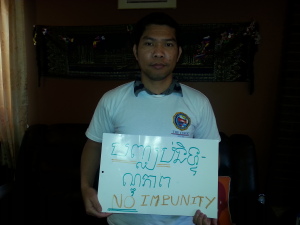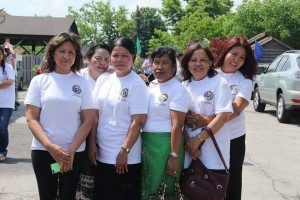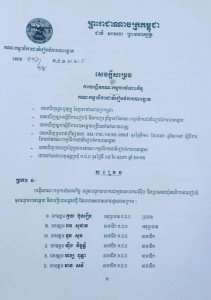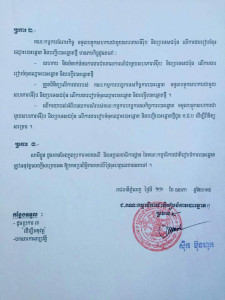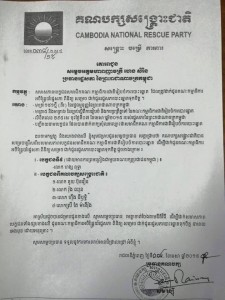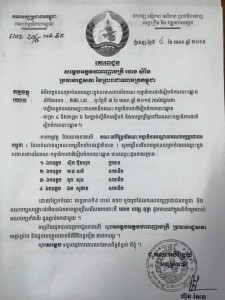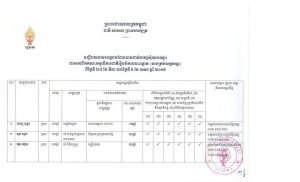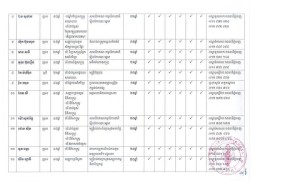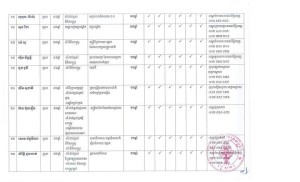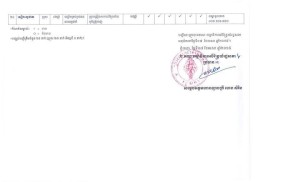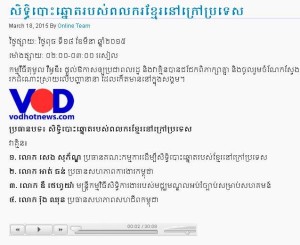Blurring the Lines: Diaspora Politics and Globalized Constituencies
Blurring the Lines: Diaspora Politics and Globalized Constituencies
Op-Ed: World Politics Review
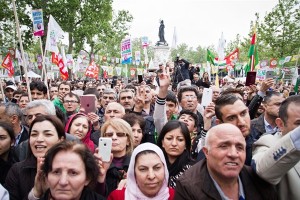
A crowd listens to Selahattin Demirtas, leader of the Turkish pro-Kurdish Peoples’ Democratic Party (HDP), speak at a campaign rally, Paris, France, May 2, 2015 (Photo by Aurore Belot/NurPhoto via AP).
In London, a group of Americans meet at a fundraiser in a private home in support of Hillary Clinton’s presidential campaign. Across the Atlantic, in Maryland, the construction of a $100 million mosque complex is funded by Turkey’s Presidency of Religious Affairs, or Diyanet. In Canada, the Ukrainian Canadian Congress lobbies the government to strengthen its official aid to Ukraine, while urging individuals to directly support the Ukrainian army by donating for the purchase of arms and equipment. What do all of these have in common? One answer is that they are all, arguably, examples of diaspora politics: transnational forms of political engagement that link constituencies in one state with a real or imagined “homeland” somewhere else.
Such forms of diaspora politics are not entirely new. The late 19th and early 20th centuries saw an abundance of transnational “homeland” activities around the globe: Irish groups such as the Fenians organized in the United States to oppose British rule in Ireland; Germany reached out to ethnic Germans around the world as a means of building a “Greater German Empire”; Chinese communities in the Americas mobilized to support the 1911 Revolution in China; and Jews around the world mobilized and organized around the cause of Zionism, or the idea of a Jewish homeland.
However, various aspects of advanced globalization, including new communication technologies, increased travel and global economic integration, have combined to change the global political environment, making diaspora politics a growing force in the world. “Diasporas” are increasingly being recognized and courted by a wide range of actors, including governments around the globe. Diaspora politics now have an impact on everything from trade, economic development, security and foreign policy, to political participation and the formulation of national identity. They affect how states manage their relations with their citizens and each other by creating transnational constituencies and political interests, blurring the lines between domestic and foreign policy.
For these same reasons, policy challenges often emerge when local politics “go global” and the politics from one national context are inserted into another. This creates new levels of complexity and global interconnectedness as policymakers may become caught between demands from “globalized” constituencies and traditional “national” foreign policy pressures.
The Rise of Diaspora Politics
Much of what counts today as diaspora politics was understood in the past as immigrant politics, ethnic politics, ethnic lobbying or emigrant, exile and expatriate politics. These labels, however, are increasingly being thrown aside. In the United States, for example, Cuban-American, Irish-American and Polish-American organizations have all participated in U.S. domestic politics, formed interest groups and lobbied on behalf of their communities, but also for causes and policies related to their respective countries of origin. The assumption in much of the earlier academic literature was that so-called ethnic politics, especially in the U.S. context, was a phase that immigrants would pass through on their way to political assimilation. The term diaspora was reserved for groups with particular histories of exile such as Jews or Armenians.
Read more…

